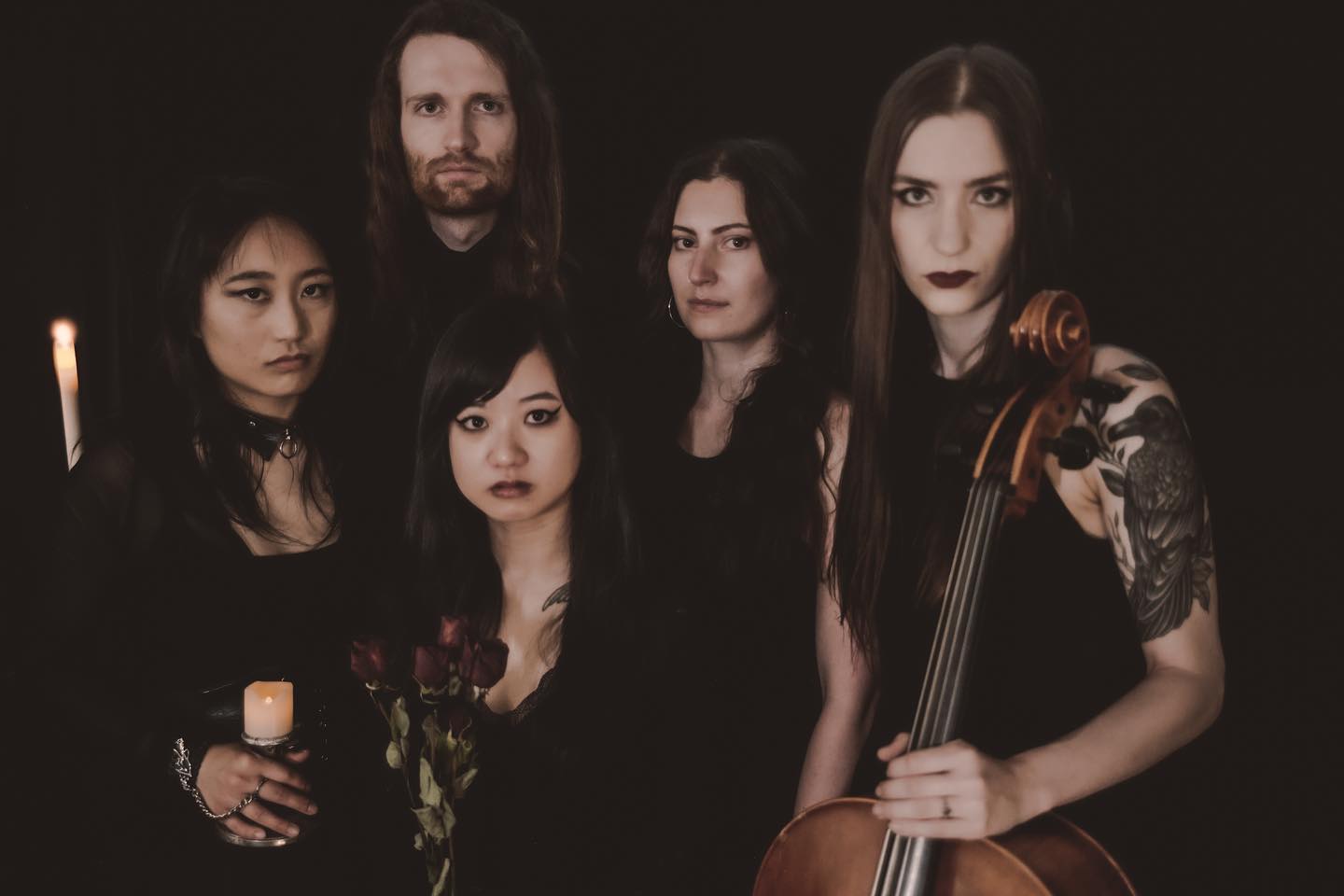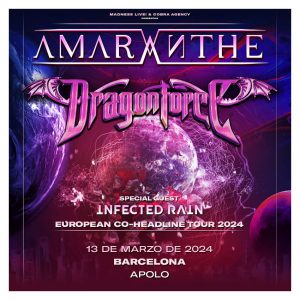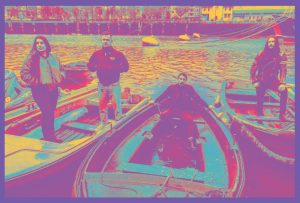TRIBUNAL (EN)
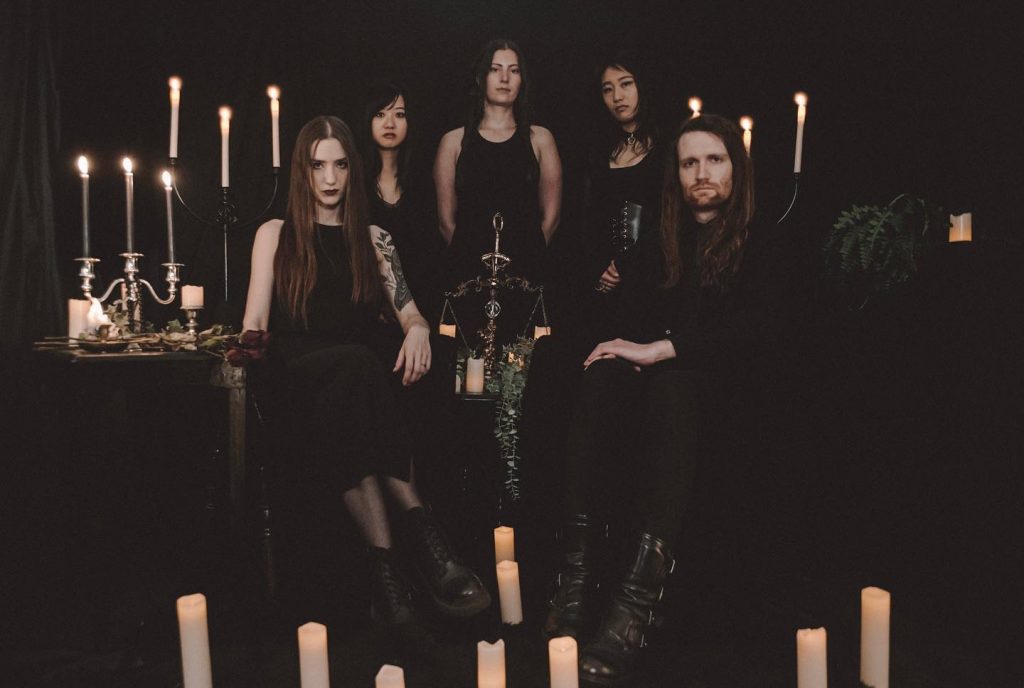
– Hi there. Thanks for answering to our interview. How are you guys doing having just released your debut album?
Etienne: Thank you for reaching out! We’re doing great, it’s been a busy few months but it has been amazing seeing the response to the record come in. We’ve been able to play some great shows, including our tour of western Canada this summer.
-First off, where did the need of forming the project sprout from? What does “Tribunal» mean (figuratively)? How has the band morphed since its inception? As you’ve had some changes in your line-up without even before you had put out any material.
Etienne: We started the project out of a mutual love of metal. We both had previous projects which fizzled out but left us with a desire to try again. The band has become more focused and serious since it started, as we started without much of a goal beyond having a few jams and playing some shows, but we’ve both become excited to take things as far as they will go.
As for the lineup, change is natural as bands develop and the pandemic accelerated that. We are very grateful to our original members for their role in getting the band off the ground and are fortunate to have built an excellent new lineup since their departure.
Soren: For us, the name “Tribunal” evokes themes of judgment, morality, and powers beyond your control. These are ideas that we explore lyrically and animate our concept of the band.
It has been great to bring our new members into the fold. Tribunal now officially features Jessica Yang on guitars, Dallas Alice on keys, and Julia Geaman on drums. We have been playing with this lineup live since late 2021 and have really enjoyed working together, so we were very glad to welcome them into a deeper level of partnership. It has been great to have the benefit of their musicianship as we workshop new material.
-If I’m not mistaken you started writing the songs for this album a few years ago. How as the process’ Have the songs been through different forms until they found their final shape?
Etienne: The songs have evolved in different ways, some of them have been more or less finisher since they were written, whereas others have evolved quite a bit. Initiation and Without Answer were the first two written in the summer of 2018, but while Initiation was finished quite quickly, we were changing riffs and lyrics in Without Answer right up to recording.
Soren: We have also really valued the role of live performance in making the songs the best they can be. Learning what feels good in the jam space and in front of a crowd inevitably shapes what ends up on the record, and continues to shape the songs even after recording is done.
– “The Weight of Remembrance” is a powerful and evocative title. A bit symbolic too. What’s its significance?
Soren: Thank you. Our album deals with themes of memory and loss, so the “weight” of the past plays a significant role. We wanted to keep the title broad enough to capture the range of experiences we explore lyrically while also clearly evoking the mood you will find on the record. The title invites listeners to reflect on their own experiences and can take on different meanings based on those reflections, and perhaps after spending some time with the album.
–In the album there’s sadness and fun headbanging moments. Some sort of violence and some kind of fragility too. Are these contrasts conflict or balance?
Etienne: We try to create music with dynamics, with heavy and soft parts, anger and peace. I believe that music thrives on these changes much like life does, with heavy parts feeling heavier where there is beauty to contrast with.
Soren: The heavier headbanging moments often feel like a release from despair—a cathartic scream in musical or literal form. The ability to express pain outwardly instead of leaving it trapped inside is one of the great powers of music, especially metal, which we certainly take advantage of.
–Apart from the traditional Metal instrumentation your music features a cello, different kind of vocal… How easy was it to integrate all these different elements in these songs?
Etienne: Most of the songs on this record were written from the platform of the classic metal band, with two guitars but no keys or cello. Later on in the arranging process we chose to bring the cello in as an element, and found it fit naturally into the music we were making. We are writing our next album with the cello in a more central role.
Soren: I have played bass in metal bands since I was a young teen but played classical cello since I was a young child. Bringing cello into my heavier musical pursuits has always been on my mind, so I was eager for the opportunity to create space for it. It fit quite naturally with the songs we had already written and playing these parts live has made future cello work feel much more approachable and exciting.
As far as vocals go, the split between Etienne and I happened quite naturally. We both approached the project with an open mind to what the vocal arrangement could look like but we had originally intended to recruit someone else to take on vocal duties. However, as we tracked the demos, we naturally wrote around our own vocal styles and ended up deciding to develop our own skills instead of bringing in someone else. It has felt quite natural since and I have valued having both of our voices represented in our work.
– On the other hand, the lyrics on the album in a poetical form. To what extent do the form, the shape and aesthetic of words impact or affect the meaning of what you are communicating and what you want to convey?
Etienne: The lyrics to The Weight of Remembrance touch on a number of different topics, with a broadly introspective focus. We’ve definitely focused on choosing evocative words and phrases that have a suitable form for the aesthetic we try to create, but in my more recent lyrics I’ve tried to focus more on communicating a story rather than choosing words merely for aesthetic impact.
Soren: I always have a clear vision of the inner world of a song and shape my lyrics around what will best bring listeners into that world. More poetic forms are often the most effective at this, but word choice is ultimately based on what best brings the vision to life.
– I think somehow the lyrics, even touching on different ideas and feelings, build themselves from the idea of sorrow. What is sorrow in the context of TRIBUNAL? Does it also work as an archetype for something maybe?
Etienne: Sorrow is a natural part of life, part of the dynamics I mentioned above. I’m not sure the members of Tribunal are unusually miserable in our individual lives, but we see the beauty in the rhythm of life and the way that the inevitably of loss makes life more precious. Sorrow is also a natural response to so much of the suffering and injustice that we see in the world.
Soren: We explore sorrow arising from inner and outer sources. With respect to the latter, this allows us to express the human experience of the forces that shape our world and the responses Etienne alluded to. I have valued this angle as a means of engaging with the strong feelings I have towards various injustices while also keeping our work rooted in the emotional realities of these subjects.
–Anyway, what are some of the recurring themes in TRIBUNAL? The obsessions. And what emotions do you translate
Etienne: Our music tends towards the darker edge of the emotional spectrum, as is typical for metal and doom. We often come back to motifs like the scales and the hourglass, representing justice and the passage of time, two common themes in our music and art.
Soren: Loss of control and loss of oneself are woven throughout the album, along with the feelings of despair, confusion, and hope conjured by these losses. Our songs often depict the emotional peak of these experiences, pushing them to their resolution or breaking point.
-I’d dare say it’s all about the “darkest” feelings. Sadness. Grief. Loss. This reminds me of a quote by Kenneth Anger that goes “I have found the definition of the beautiful. It is something intense and sad […] so that I can scarcely conceive a type of beauty which has nothing to do with sorrow.” How is sorrow part of beauty or vice versa? Does sadness have a bad reputation socially?
Etienne: I think sorrow is fundamental to beauty because everything must, at some point, end. Every beautiful thing, moment, experience, or person at some point must die, and so all honest appreciation of the sublime is touched by the recognition of its transitory nature.
Soren: Sadness is seen as more or less acceptable depending on its context. Some types of mourning are validated while others are disparaged, often based on what society views as weakness and who and what is worth mourning. Sorrow that is pushed away or left untended is at the roots of much of the trauma in our world.
– Where does your music come from and what is it? An exorcism? A catharsis? A vessel? Is your main source of inspiration Inwards or Outwards?
Etienne: For myself, my songwriting comes from both within and without. Songs can be inspired by an experience I’ve had or sounds I’ve heard from another artist, but when it comes to the music itself I’m not sure what attracts me to a particular combination of notes. It often simply the result of instinct and feeling. My lyrics generally speak to my own personal experience, with a fair amount of artistic embellishment.
–The painting on the cover was made by you, Soren. Tell us a little bit about the whole process and inspirations, as well as the significance. It has a very gothic vibe I’d say, which fits with the album/band.
Soren: The concept of the painting was inspired by vanitas art, which features elements representing death, the passage of time, and the fleeting nature of earthly pleasures. These motifs tied into our lyrical themes and their visual expression connected with our aesthetic identity. We want our work to not feel clearly tied to a specific era, which the classical look of the art allows for. The still life arrangement creates a more solemn, reflective mood, which foreshadows the feel of the album. Also, given the diversity of styles within the doom genre, we wanted the album art to identify where we are situated (hence the “gothic vibe” you noted).
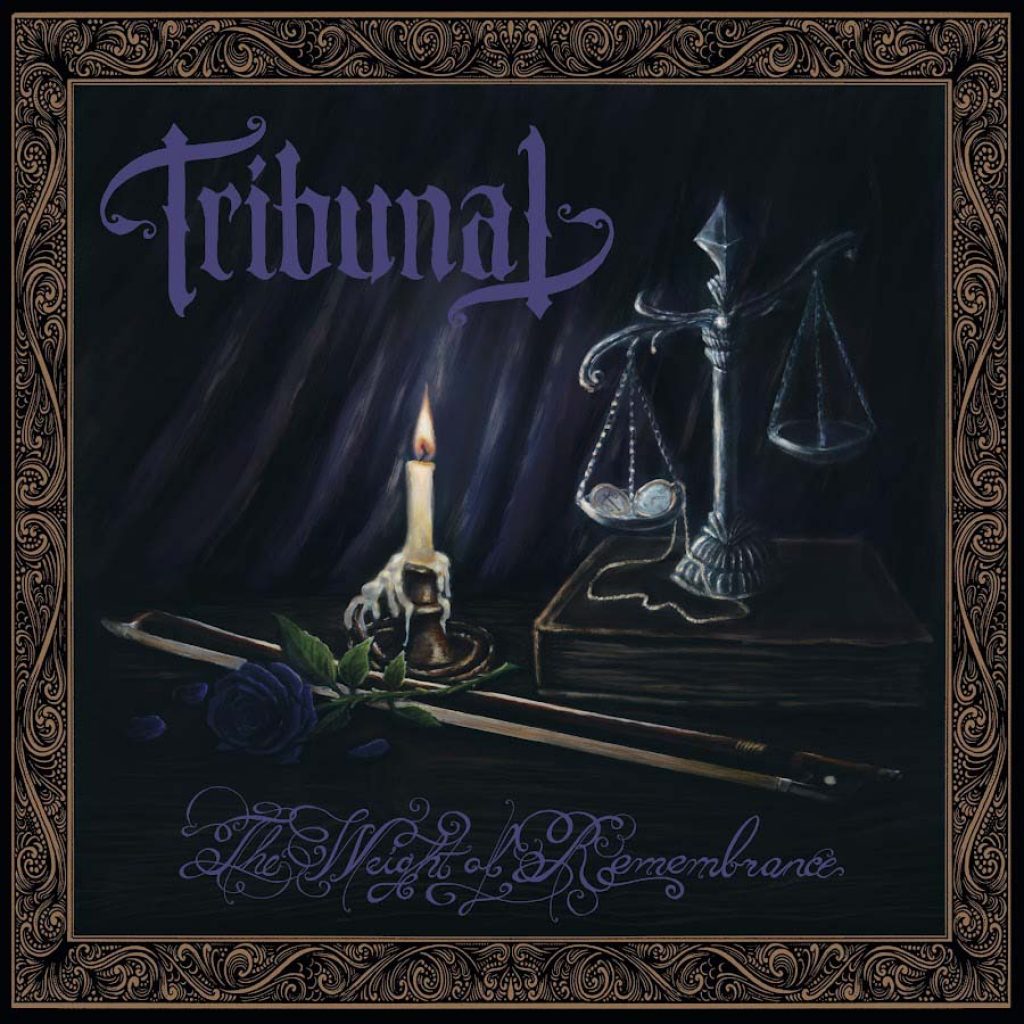
–It seems like visuals/aesthetic are important for you. Are they another aspect of your body of work?
Etienne: I really believe in the concept of a band as a complete work in itself, with each component contributing in some substantial way to the whole. We put careful attention (sometimes too much attention!) into every element of our art, to create a deliberate atmosphere.
Soren: This is very important to me, so I’m always glad to know that comes across. When a song takes shape, I always have a vision of what its inner world looks and feels like. Bringing listeners into that world using all mediums available to us is part of our work, to my mind. Each song has its own individual sanctum within it that visual elements and performance help reveal.
–And finally what’s next for TRIBUNAL?
Etienne: Work has already begun on our second record, which should be completed at some point next year. We’re also looking to play shows outside of western Canada for the first time next year.
–That’s all from our side. Thank you once more for your time. If you’d now like to add some final words, feel free to do it.
Etienne: Thank you! We appreciate your support and interest in our music, and look forward to what comes next.
